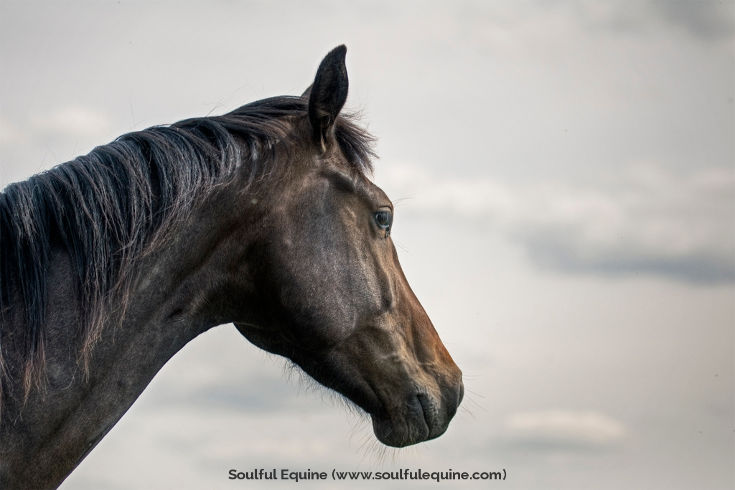
Have you ever compared a picture of a domesticated horse to one of her wild counter-parts?
Can you tell which horse is wild and which isn’t at first glance?
I can easily spot a picture of a wild horse. There’s a different look about them that’s not superficial or defeated and doesn’t cry “my spirit is gone.”
Just because a horse is domesticated, doesn’t give humans the right to strip them of their dignity and spirit for personal gain.
So, you may ask, why have horses in the first place if we’re not going to do anything with them? Or you may say, it’s common knowledge that you put horses in stalls, metal shoes on their hooves, and give them buckets of sweet feed.
It’s unfortunate that what most consider common knowledge about horses goes completely against their nature.”
What isn’t common knowledge is horse keeping naturally – that which lines up with a horse’s true nature – like they would live in the wild.
“Like they would live in the wild” is a foreign concept for most people.
The reason the concept is foreign is because humans have decided that horses must conform to the human’s environment.
A valid question is, “Horses are adaptable, so why wouldn’t you want them to adapt to the human’s environment?”
Playing devil’s advocate – you do want them to adapt. However, you don’t want them to adapt in such a way that degrades their health, well-being, dignity, and spirit, nor do you want to deprive them of a life of quality and longevity.
This type of counter-productive adaptation is the most dangerous threat to your horse’s health.
The best way to understand natural horse care is this:
Treat a horse like a horse not how humans think a horse should be treated.”
In order to adhere to this key principle, you must first understand your horse from her point of view.
Natural horse care is a subject that is simple, yet foreign, to most. That’s why it’s usually – at first – misunderstood and it’s difficult to grasp the principles that give your horse every opportunity to thrive.
Once you understand the principles of natural horse care, you can begin to gradually incorporate and adjust to those concepts. Over time, you’ll take the concepts I share with you and create a natural horse care program that lines up with your goals and your core values.
You may find that some of these concepts work for you and some don’t, but as you make those decisions, keep in mind that they do work for your horse.
Keep it soulful,
Stephanie Krahl
####
Photo credit – original photo modified in size and to include the Soulful Equine name and URL
